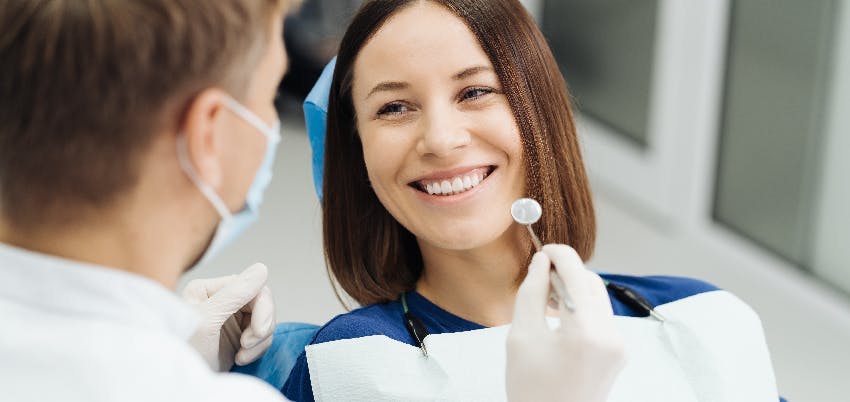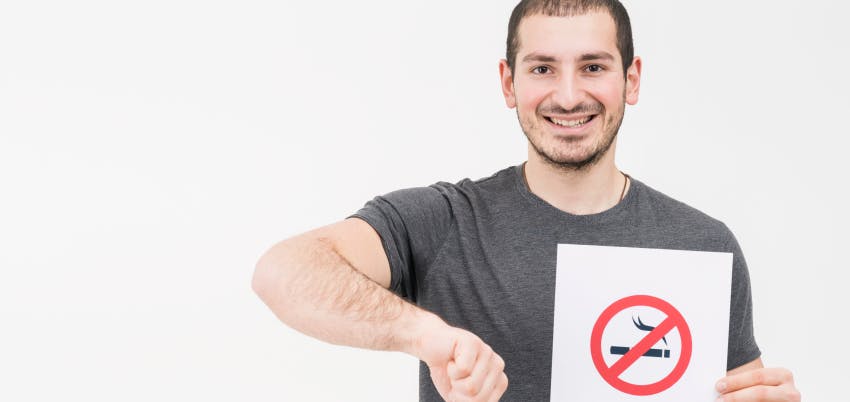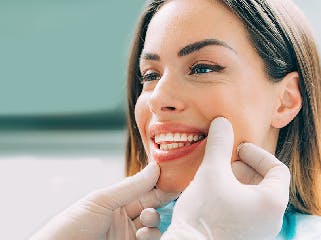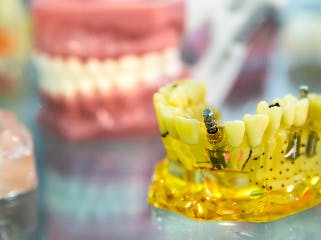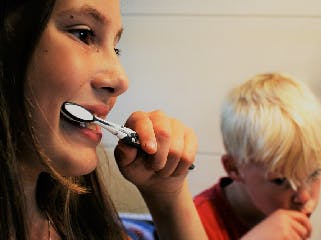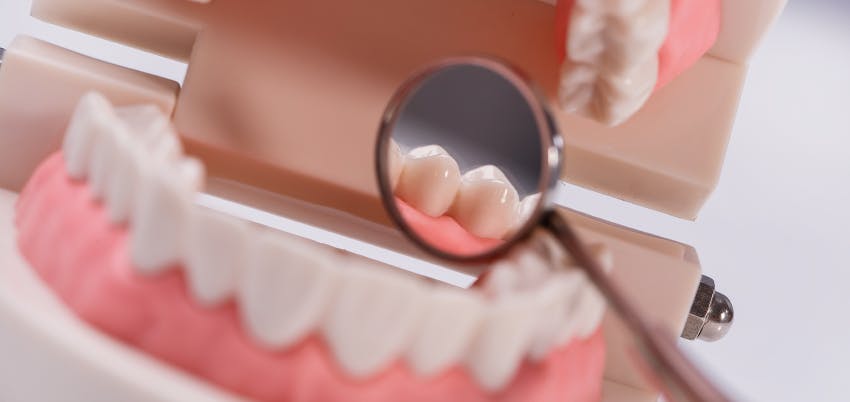
Interproximal Caries: The Most Dangerous!
by Wildsmile
Interproximal or interdental caries are the invisible enemy that every tooth does not want to have, as they are the most difficult to detect by the naked eye, and can only be observed by X-ray.
Interproximal caries: the invisible enemy
Interproximal cavities are the most difficult to detect because they attack the tooth from the sides, this is why they are not visible in a regular dental check-up. It is highly recommended to have an X-ray at least once a year, as this is the only way to detect them.
You may be interested in read: DENTAL CARIES, YOU BETTER DETECT IT ON TIME!
Why does interproximal caries are the most dangerous?
Very simple: the enamel that covers the tooth from the top to the dentine is enough, unfortunately this is not the case on the sides, as there the enamel is almost non-existent, which is why caries can easily penetrate to the nerve. Interproximal caries is one of the leading causes of root canals and tooth extractions. If your dentist has not made a habit of sending you for an x-ray, ask him or her to do so, as this can save your teeth.
Preventive care for interproximal cavities
At Wildsmile we have always been very punctual in emphasising the importance of diagnosis and preventive practices, in order to avoid corrective treatments. How can you avoid interproximal caries? Here are a few tips:
- Dental hygiene: 3 times a day
- Dental cleaning at least once a year
- Visit your dentist every six months
- Annual check-up with x-rays
- Flossing at least once a day
- Use of interdental brushes
- Use of oral irrigators
Following all these recommendations will help you to prevent the dangerous interproximal caries and therefore save you from suffering a root canal or in the worst case scenario (which is unfortunately very common) a tooth extraction.
Related post: ENDODONTICS: SAVE YOUR TEETH FROM EXTRACTION
Treatments for interproximal caries
If the caries is very advanced, a root canal should be performed to extract the dental pulp and save the tooth, but unfortunately this type of caries when they are detected the deterioration of the tooth is advanced, so it is very common that a dental extraction is performed.
At Wildsmile we believe that the focus of modern dentistry should be on prevention rather than treatments. Prevention is the healthiest and most economical. Remember to have good teeth cleaning habits and visit your dentist twice a year - don't let interproximal caries ruin your teeth and your smile!
You may also like to read: DO YOU KNOW HOW YOUR DENTIST WILL TREAT YOUR DENTAL CARIES?
Want to learn more about this?
Contact us
Your contact request is registered. We will contact you as soon as possible.
Lorem ipsum dolor sit amet, consectetur adipisicing elit. Adipisci alias aliquid amet commodi dolor, dolore doloremque dolores fugit quod repellat.
 ESP
ESP
 ENG
ENG
